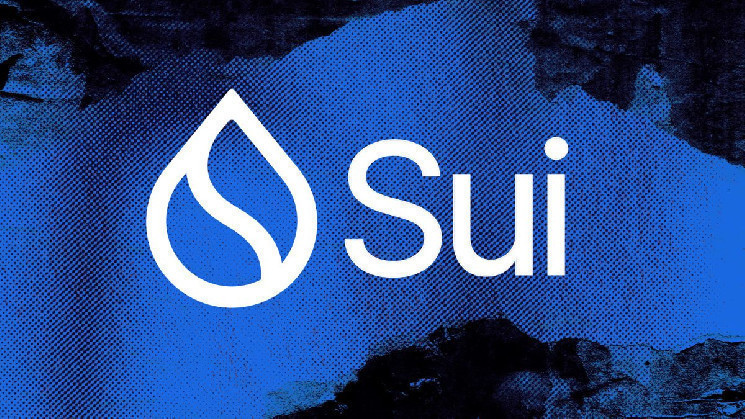When four former Facebook engineers started Mysten Labs two years ago, one of their motivations was to complete the work they started while working at the social media giant founded by Mark Zuckerberg.
Part of that work included finding a way to make sending money, or crypto, over the Internet as simple and basic as the most basic online communication.
“When we worked at Facebook, our goal was to make sending money as easy as possible [sending] email,” co-founder of Mysten Labs Adeniyi Abiodun told The Block in an interview. That dream, the one according to Abiodun was not realized at Facebook (now Meta), but can now finally become a reality thanks to Sui, the Layer 1 blockchain created by Mysten Labs.
Eliminating the complexity of crypto
Those who believe in crypto populate an engaged community, but for some startups — especially unicorns like Mysten Labs, which have raised hundreds of millions of dollars — the pace of adoption and onboarding new customers has been slower than expected.
Some companies, like Mysten Labs, predict that making it easier for people to use crypto is the ultimate solution.
“We’ve managed to invent the technology that allows anyone in the world to effectively send money around the world using just a standard Web2 identity,” said Abiodun, adding that with the Sui blockchain, Mysten Labs has found a way for people to send money to each other even if they don’t have a crypto wallet. That’s made possible in part, he said, by an authentication system Mysten Labs invented called “zkLogin.”
“It is the chain that does that verification using two zero-knowledge proofs,” he added. “That means any application in the world can effectively use Sui as a mechanism for sending assets around the world, without ever having to worry about the complexities of crypto.”
Complexity has been a major deterrent
People concerned about that complexity have been a major deterrent to the widespread adoption of blockchain-enabled applications, which would otherwise allow more people to send money cheaply and securely around the world, according to Abiodun.
By his estimate, while there are more than 5 billion people online using web2 accounts, there are approximately 16 million active crypto wallets in the world.
“As a user, I feel like I have to download a wallet or buy gas every day [to transfer funds using crypto] is nonsensical. You just killed 99.9% of the world.” Abiodun said.
Moody’s said this week that while Ethereum, like Sui a Layer 1, “remains the dominant force” among public blockchains, it “Adoption is hampered by speed, scalability and security issues.”
Mysten Labs doesn’t appear to be the only company that believes it should be easier to buy and sell crypto, or send and receive money, using blockchain applications. Many companies have recently announced new initiatives in hopes of making crypto easier for consumers to use. Old school PayPal has announced several new initiatives, while digital wallet provider Giddy announced this this week an integration with Stripe aimed at making “cryptocurrencies more accessible to the general public”.
Coinbase, the largest US exchange, rolled out a way for users last week transfer money to each other by sending links via messaging apps like WhatsApp or social media platforms like Facebook, TikTok and Instagram.
Avoiding closed loop systems
While Coinbase’s initiative could help drive further adoption, it is the type of centralized system that Mysten Labs founders saw Facebook trying to develop and that they want to avoid with Sui, said Abiodun.
“The problem with what they have is that it’s a closed system. You have to be bought into the Coinbase ecosystem, you have to be willing to onboard with a Coinbase wallet,” said Abiodun. “With what we’re talking about here: no wallet required, no closed loop.”
Mysten Labs’ hope is that Sui usage will grow exponentially as more companies and applications build on it. “We have no interest in building apps that dominate the ecosystem,” he says Abiodun.
Sui is considered an open standard, meaning anyone can build on the blockchain.
The valuation is over $2 billion
Although the Layer 1 space is extremely competitive, Mysten Labs has achieved significant success on the financing side. In September last year, the company closed a $300 million fundraising at a valuation of more than $2 billion.
Mysten Labs backers include some of the largest VCs in the space, including Andreessen Horowitz’s a16z crypto unit, Jump Crypto, Apollo, Binance Labs, Franklin Templeton, and Coinbase Ventures.
In addition Abiodun, the Other former Facebook engineers who are part of the original core of Mysten Labs include its CEO Evan Cheng, Sam Blackshear and George Danezis. They founded the company in 2021.

